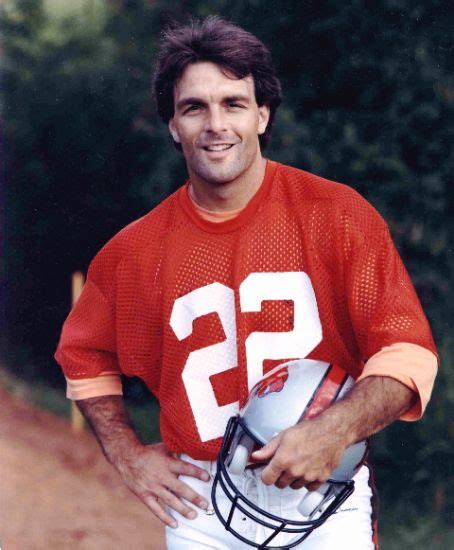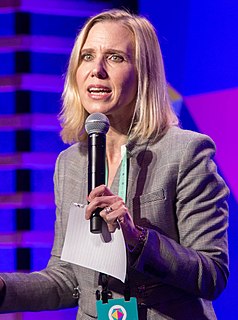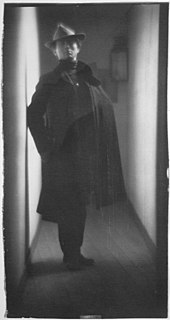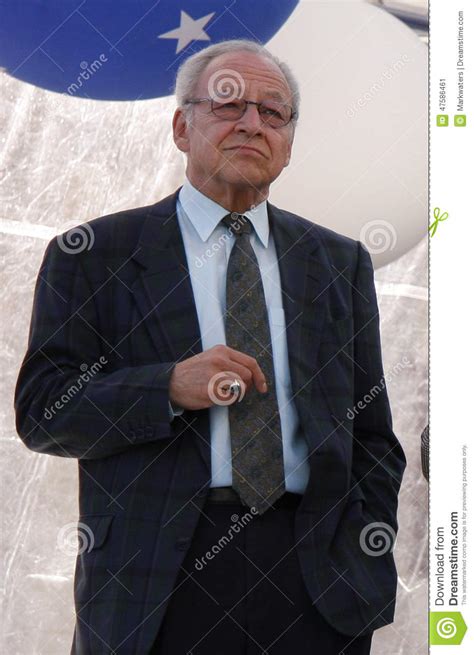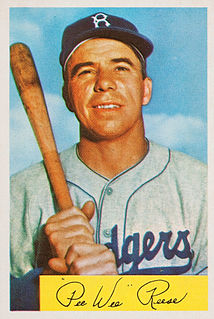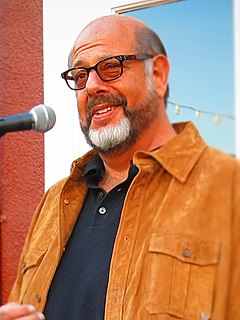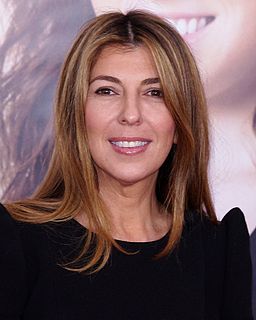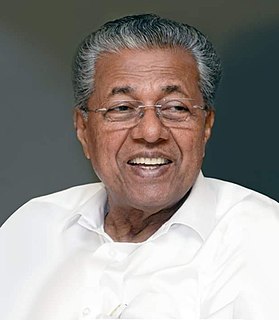A Quote by Michael Portillo
People don't understand it, but the most intense occasions in the House of Commons were the ones I enjoyed most. When events could go either way and you could find yourself out of a job by the end of the day, those were the times when you were most on a high.
Related Quotes
America has always been the most fertile ground for models - and they were always exported to other countries. When Eastern Europe opened up its doors to the rest of the world, a lot of the girls that were basically working there for $1 a month realized that if they were beautiful and that they could go to Paris and work for $1,000 a day versus the $10,000 that the other girls were demanding. So it created a huge imbalance in the financial structure of how clients could budget out campaigns. The market became flooded.
When I went to college in 1988, most people were probably trying to figure out how they were going to decorate their rooms, who was going to be on their floor, what classes they were going to take. My big preoccupation at that point was figuring out how I could get my absentee ballot so that I could vote in Ohio for Michael Dukakis at that time.
In those same decades, most UFO sightings were made in the daytime and frequently at close range, when shapes and surface features could be distinguished, thus making positive identification of normal sights easier and the descriptions of unusual sights more detailed. When all normal explanations had been eliminated, the witnesses could concentrate on those aspects of the experience which were most abnormal.
I was always around people who were in the business from the time I was an absolute baby. I grew up in New York City, and my parents, my sister, and I had a house on Fire Island, and they were part of a set of people that were all close and friendly, most of whom were involved in show business in one regard or another. So it was always familiar to me, and I kind of enjoyed it.
The strange thing about my life is that I came to America at about the time when racial attitudes were changing. This was a big help to me. Also, the people who were most cruel to me when I first came to America were black Americans. They made absolute fun of the way I talked, the way I dressed. I couldn't dance. The people who were most kind and loving to me were white people. So what can one make of that? Perhaps it was a coincidence that all the people who found me strange were black and all the people who didn't were white.
I was a closet pacifier advocate. So were most of my friends. Unknown to our mothers, we owned thirty or forty of those little suckers that were placed strategically around the house so a cry could be silenced in less than thirty seconds. Even though bottles were boiled, rooms disinfected, and germs fought one on one, no one seemed to care where the pacifier had been.
Just as the worst slave-owners were those who were kind to their slaves, and so prevented the horror of the system being realized by those who suffered from it, and understood by those who contemplated it, so, in the present state of things in England, the people who do most harm are the people who try to do most good.


